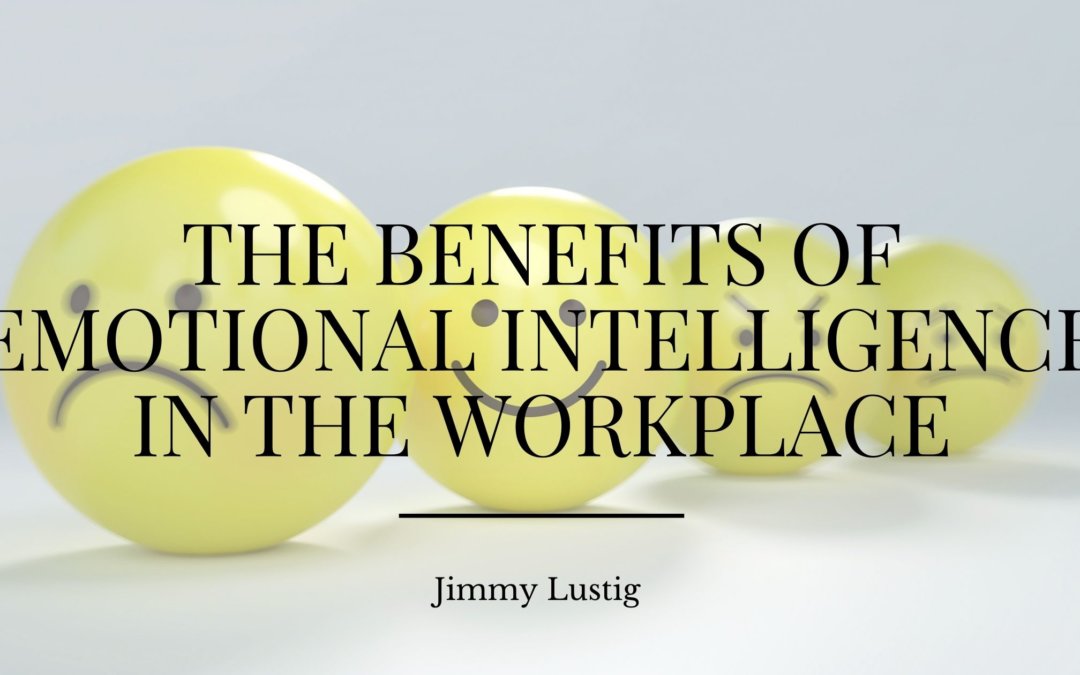Some people might think of intelligence and emotions as being from two separate realms: rational and fact-based, and the other subjective and difficult to measure. However, in the 1990s, psychologists began using the phrase “emotional intelligence” to describe people who effectively managed their own emotions, recognized what others were feeling, and used emotions in decision-making, problem-solving, and communication.
In fact, emotional intelligence may be an even greater predictor of leadership and success in the workplace than traditional intelligence. Since emotions such as fear, anxiety, and happiness can all affect how a person thinks and makes decisions, and since all of these emotions and more can be present in the workplace, learning how to deal with those emotions is critical.
Researchers have founds that people who have higher emotional intelligence are better at conflict resolution, making decisions, solving problems, and managing stress. They tend to respond well to constructive criticism and have empathy for others. In contrast, those with lower emotional intelligence may communicate in an aggressive or passive-aggressive way, criticizing or ignoring others’ thoughts or contributions. They may be poor team players and avoid responsibility.
The good news is that emotional intelligence is a skill that can be developed. Some people struggle with emotional intelligence simply because they have never learned to identify and analyze their own emotions. Becoming more self-aware, noticing how they are feeling, and looking at how they express those feelings, can help.
People should also keep in mind that emotions are not permanent states of being and should try to avoid reacting impulsively, even to strong emotions. This can involve learning ways to deal with workplace stress, such as regular exercise or other enjoyable activities outside of work. People should also let go of the need to control situations.
Developing empathy and social skills are also important. This leads to working and communicating more effectively with colleagues. In addition to noticing how others respond to them, including nonverbally, people should examine their own responses as well.
Finally, building up a sense of intrinsic motivation is an important component of emotional intelligence. This means pursuing a sense of self-satisfaction and one’s own goals instead of constantly looking for external validation for accomplishments. All of these skills will go a long way toward helping people succeed in the workplace.

